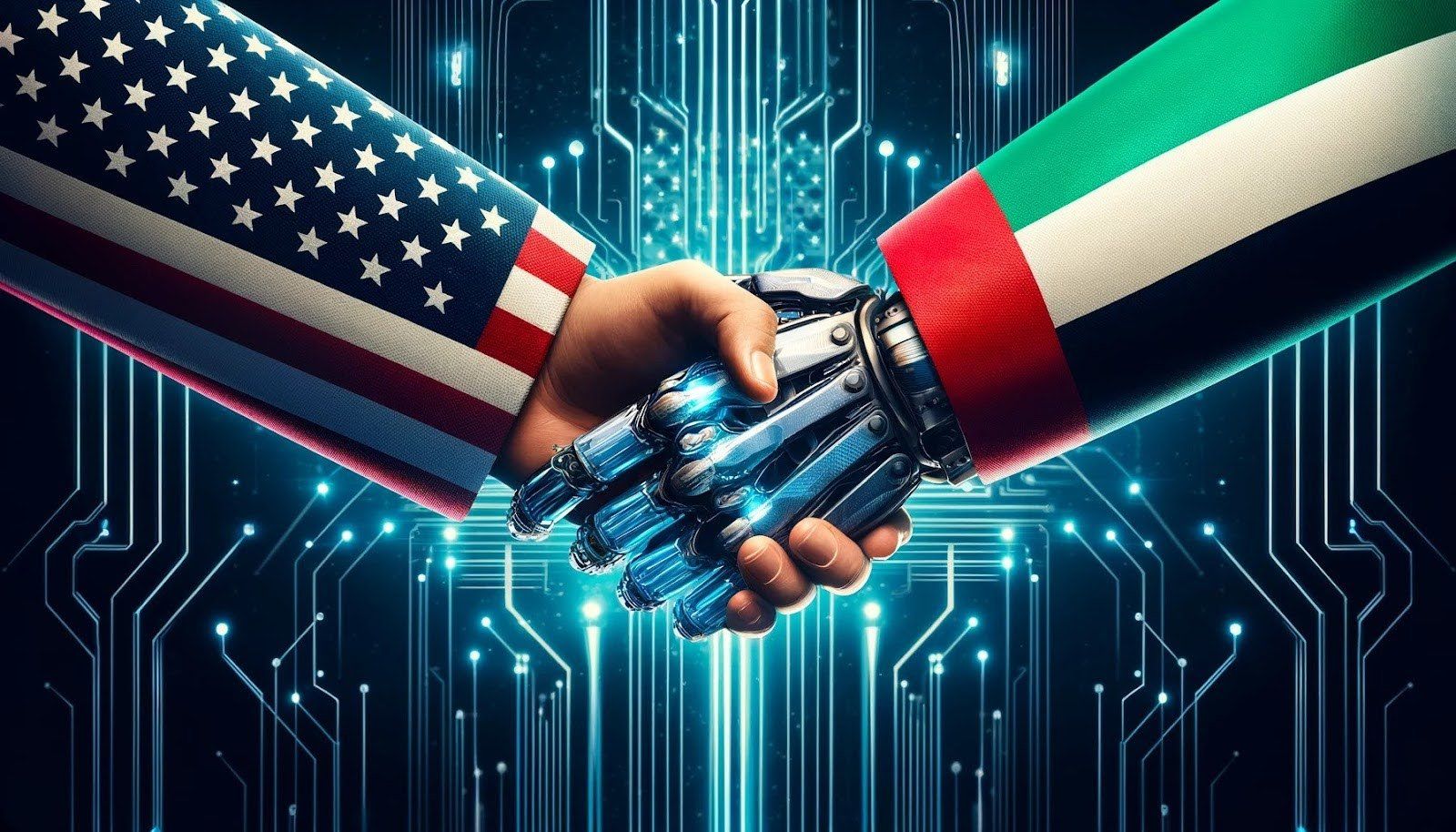April 23, 2024
Microsoft has quickly become the most important investor in artificial intelligence technology, holding a $13 billion stake in ChatGPT-maker OpenAI. It’s a peculiar deal with a revenue-sharing agreement that’s raised eyebrows from global regulators. But its latest billion-dollar investment is perhaps even more of an eyebrow-raiser.
The US tech giant announced last week that it would invest $1.5 billion in G42, a leading artificial intelligence holding company based in Abu Dhabi. The deal was “largely orchestrated” by the Biden administration, according to the New York Times, an effort to beat back China and gain influence in the Persian Gulf.
“There’s no question the investment was made to try and box out Chinese investment” in artificial intelligence in the Middle East, said Alexis Serfaty, a director in Eurasia Group’s geo-technology practice.
Under the terms of the new deal, Microsoft will let G42 sell its generative AI services and, in exchange, G42 will use Microsoft’s Azure cloud services. It also agreed to stricter assurances with the US government to further cut off China and remove their products and technology from use.
It’s not every day that the White House plays corporate dealmaker, but the administration hasn’t been shy about making AI — and the chips needed to power it — an economic and national security priority. Serfaty said the closest parallel he could think of was the proposed Trump administration deal to hand a stake of TikTok to the US software and cloud giant Oracle. (TikTok’s Chinese parent company ByteDance never sold a stake of its social media app to Oracle, but it did strike a deal to host its US user data on Oracle servers). Plus, the US has recently given massive grants and favorable loans to global chip manufacturers—like TSMC and Samsung—for moving production to the US.
The Biden administration has imposed strict export controls on US-made chips going to China, especially powerful ones used to run artificial intelligence models. The goal: cut off China and hamper their ability to build powerful AI. Tech investments in the Persian Gulf have been something of a casualty of this Cold War over AI. G42 announced in December 2023 that it would cut ties with China in order to keep working with US industry.
“For better or worse, as a commercial company, we are in a position where we have to make a choice,” G42 CEO Peng Xiao told the Financial Times. “We cannot work with both sides. We can’t.”
Serfaty said that the deal signals that the US government is going to increasingly treat artificial intelligence like defense technology, and play a more hands-on role in its commercial affairs and investment.
“When it comes to emerging technology, you cannot be both in China’s camp and our camp,” Commerce Secretary Gina Raimondo told the Times.
More For You
41.5%: The proportion of Havana’s garbage trucks that were operational this month, according to state-run media, as Cuba’s fuel crisis prompts a garbage crisis.
Most Popular
- YouTube
Sovereignty has become one of the most powerful, and least defined, words in tech policy. At the 2026 Munich Security Conference, SAP global head of government affairs, Wolfgang Dierker, explains why governments and enterprise customers are demanding more control over their data, cloud infrastructure, and AI systems amid rising geopolitical uncertainty.
- YouTube
On the sidelines of the 2026 Munich Security Conference, Annemarie Hou, Executive Director of the United Nations Office of Partnerships, joined Tony Maciulis to discuss the power of women leaders in global decision-making.
Security in a fragmented world: Cyber deterrence, NATO reform & the future of trusted tech
Feb 14, 2026
- YouTube
In a new Global Stage livestream from the 2026 Munich Security Conference, New York Times White House and national security correspondent David Sanger moderates a conversation with Ian Bremmer (President & Founder, Eurasia Group and GZERO Media), Brad Smith (Vice Chair & President, Microsoft), Benedetta Berti (Secretary General, NATO Parliamentary Assembly), and Wolfgang Dierker (Global Head of Government Affairs, SAP) on how technology and defense are colliding in real time.
© 2025 GZERO Media. All Rights Reserved | A Eurasia Group media company.
